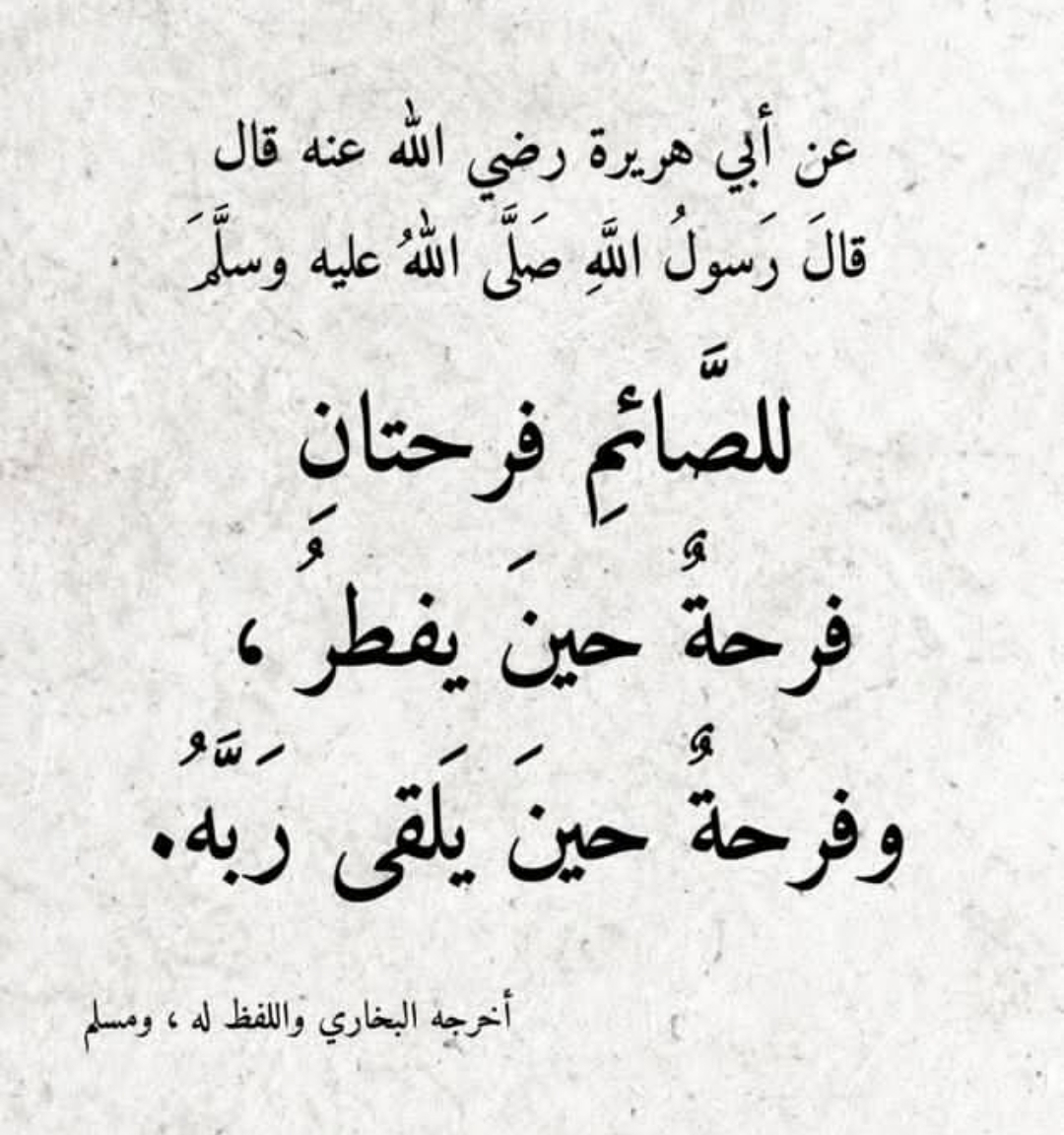The two joys of fasting in Islam
Joy of Breaking the Fast: After abstaining from food, drink, and other indulgences from dawn to sunset during the month of Ramadan, when the time for iftar (the meal to break the fast) arrives, the fasting person feels a sense of happiness and relief. This joy is not only due to the physical satisfaction of eating and drinking after a prolonged period of fasting, but also because it is considered a special moment of reward and blessings from Allah. Muslims often gather with family and friends to share the iftar meal, creating a sense of community and celebration. The joy of breaking the fast is not just limited to the physical aspect, but also carries a spiritual significance as the fasting person feels a sense of gratitude to Allah for His provisions and blessings.
Joy of Meeting Allah in the Afterlife: Fasting in Islam is considered an act of worship, and the fasting person engages in this act out of devotion and obedience to Allah. It is believed that the rewards for fasting are multiplied manifold, and one of the ultimate rewards is the joy of meeting Allah in the afterlife. Muslims believe that after death, they will be held accountable for their actions, including their observance of fasting. When the fasting person meets Allah in the afterlife and is rewarded for their fasting, they feel immense joy and happiness for having fulfilled this act of worship. It is considered a blessed and special moment of meeting with the Creator, and the joy experienced at that time is beyond measure.
The combination of the joy of breaking the fast in this world and the joy of meeting Allah in the afterlife creates a unique and profound experience for the fasting person in Islam. It instills a sense of spiritual fulfillment, contentment, and happiness, knowing that their acts of worship and obedience to Allah have been rewarded both in this life and the hereafter.
لِلصَّائِمِ فَرْحَتَانِ فَرْحَةٌ حِينَ يُفْطِرُ ، وَفَرْحَةٌ حِينَ يَلْقَى رَبَّهُ





No comments:
Post a Comment